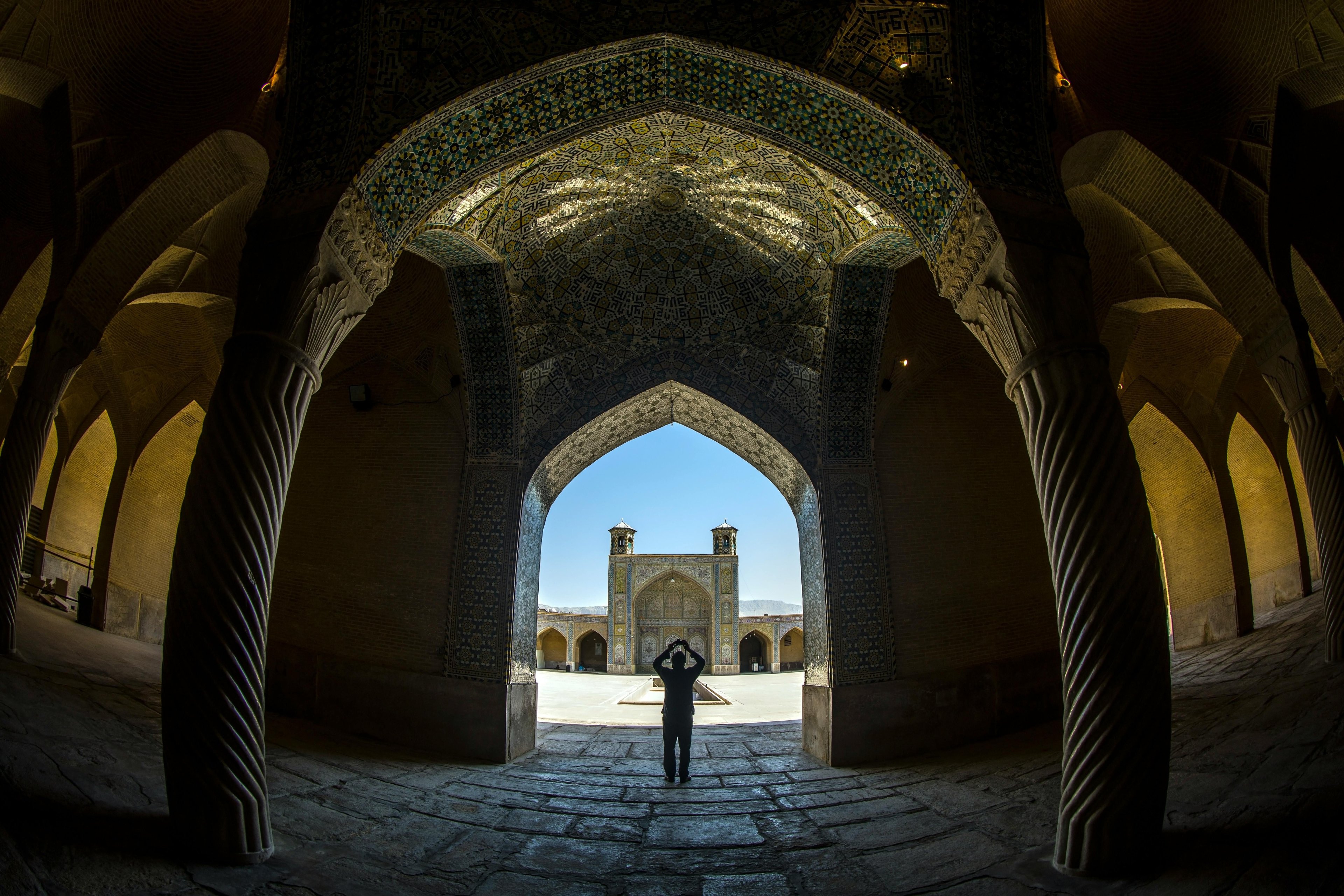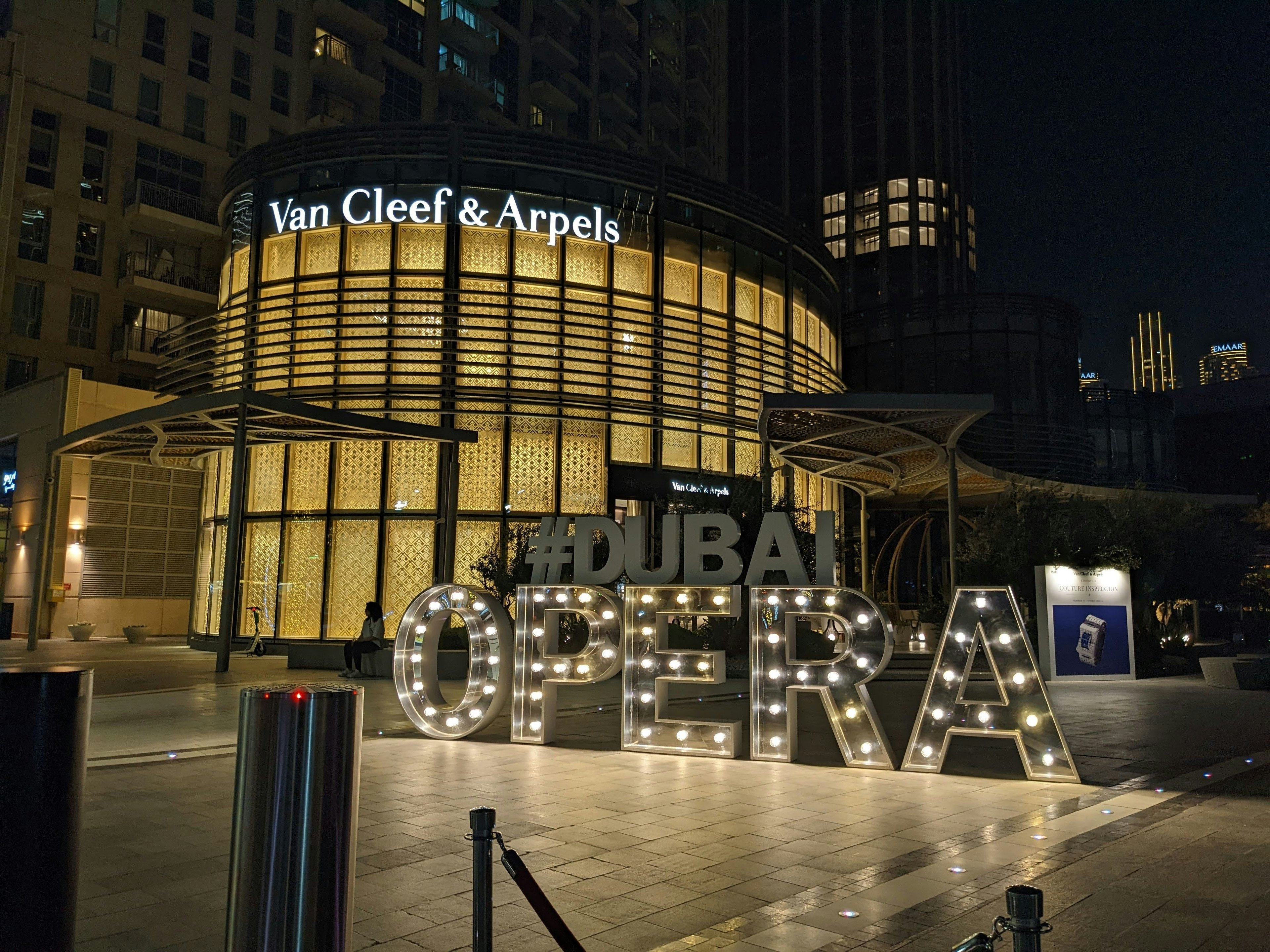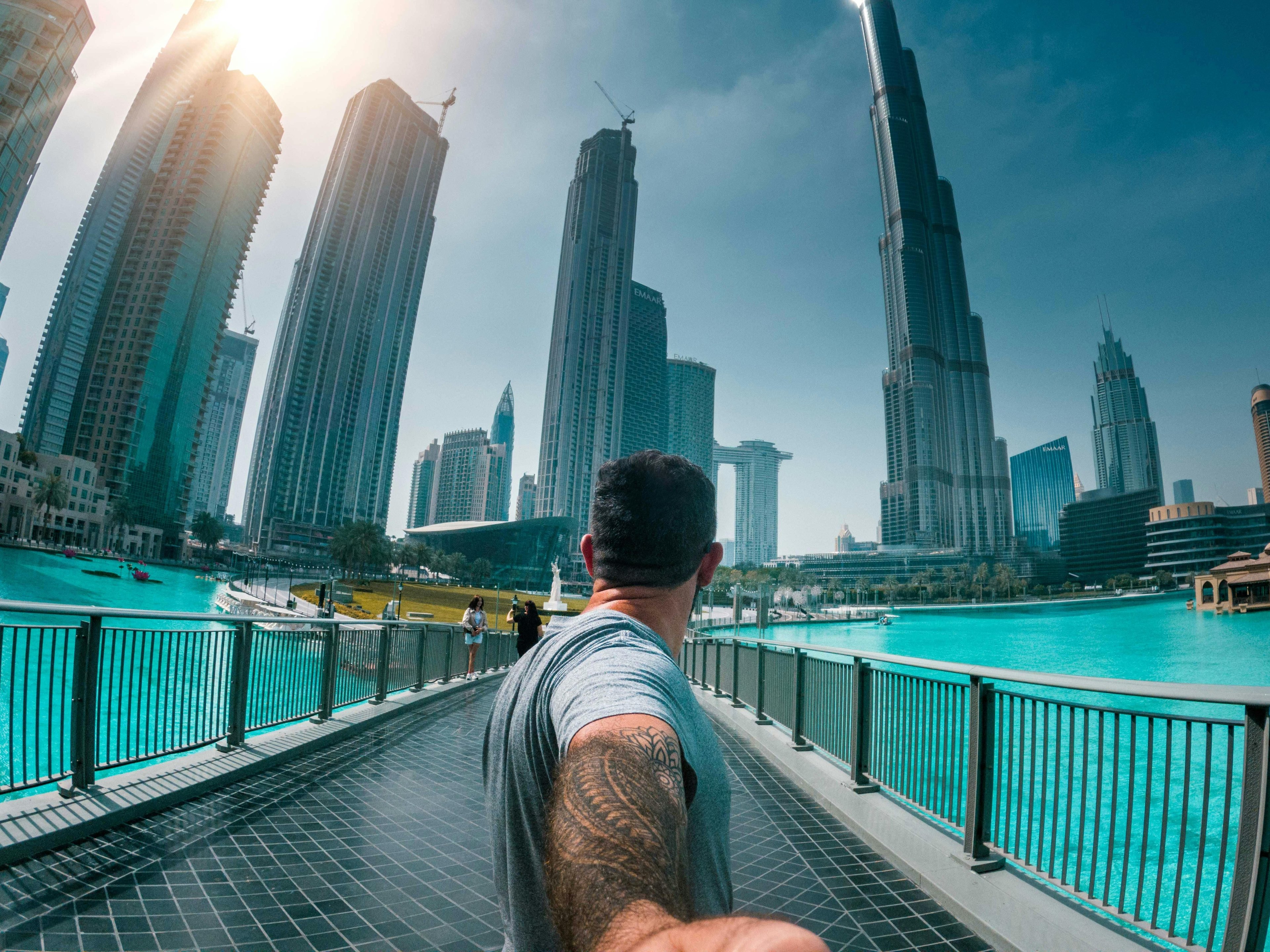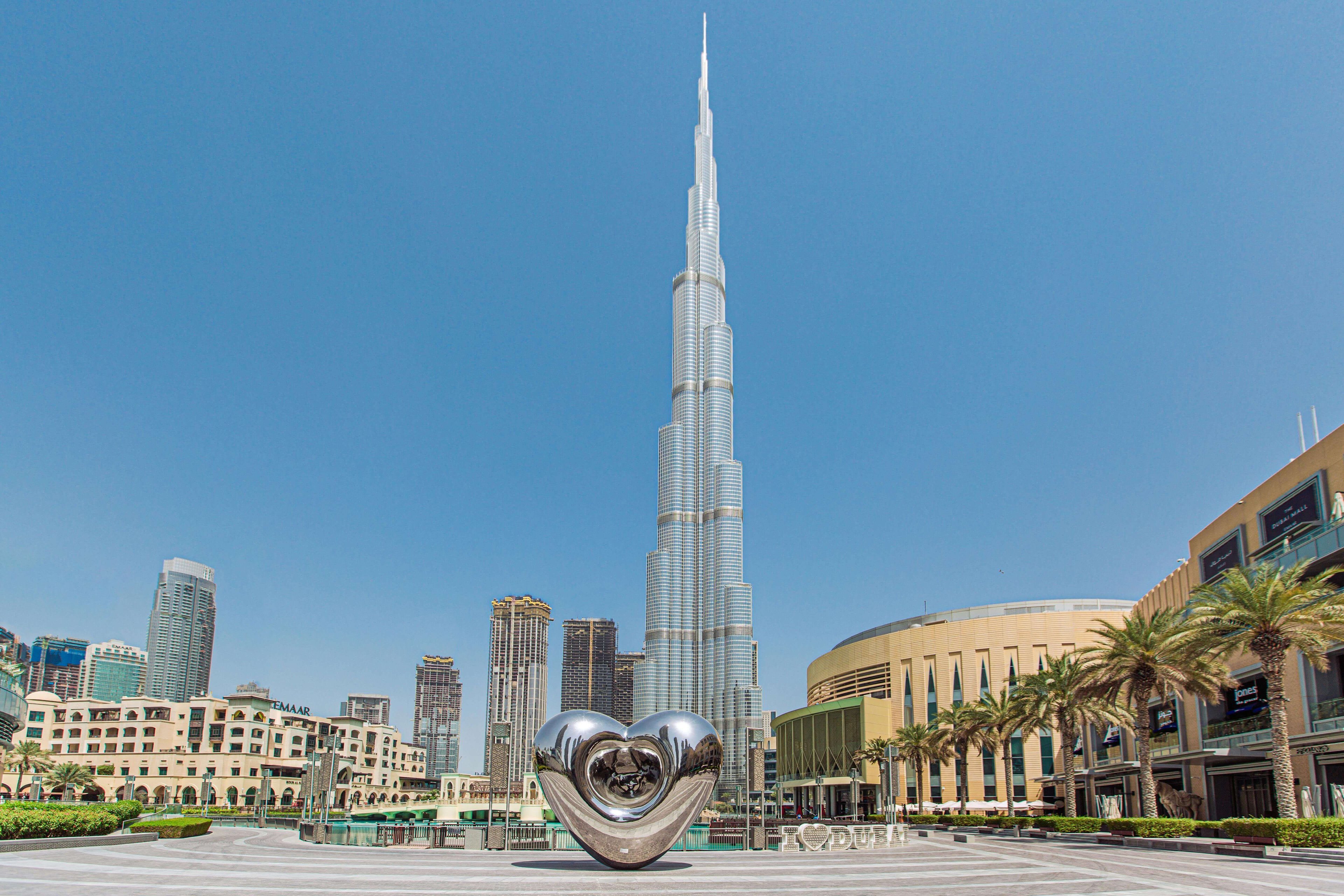
26/02/2026
Making money from short-term rentals in Dubai
Copy link
TwoContinents
27 January 2025

Dubai is a city that has been impressing for years with its modernity and extraordinary grandeur. Skyscrapers, luxury hotels and innovative urban planning attract people from every corner of the world. Not insignificant is also the high standard of living, access to world-class services and huge career opportunities that this place offers. No wonder, then, that Dubai has become the dream of many people wishing to start a new life in a unique environment. However, moving to this emirate comes with certain requirements. In order to legally live in Dubai, you need to go through several formal steps and complete important procedures. The process may seem complicated, but with proper preparation and knowledge of the rules it becomes much simpler. In this article, you will learn what you need to do to realize your plans and live in one of the most fascinating cities in the world.
Moving to Dubai is a process that requires careful preparation and several important conditions. Here are the most important issues to pay attention to:
1. Visa
The basic requirement is to have a proper visa. Its type depends on the purpose of your stay. The most popular options are:
2. Sponsor
In order to obtain a resident visa or work permit, a sponsor is needed. A sponsor can be an employer who offers you employment, a family member such as a spouse, or your own company if you plan to be self-employed. The sponsor plays a key role in the process of legalizing your residency, as they are formally responsible for your livelihood in Dubai.
3. Financial stability
Another important aspect is having adequate financial resources. At the beginning of your life in Dubai, before you have a steady income, you need to be able to cover your housing, food and other expenses.
Living in Dubai, although full of luxury and comforts, can be expensive, especially for those just starting out in the city. That's why it's a good idea to plan your finances in advance to avoid unpleasant surprises.
A resident visa is one of the most important documents for legal and long-term residence in Dubai. Its possession opens many doors, such as access to public services, the ability to open a bank account, rent an apartment or access healthcare. Obtaining a resident visa requires meeting certain conditions, and there are several avenues available such as:
The process of applying for a resident visa
Once you have chosen the right path, you need to go through several key steps:

Photo: apartments in Dubai Marina, Unsplash
Renting a property in Dubai is one of the key steps to take once the city arrives. Choosing the right accommodation not only affects your living comfort, but also your daily life, so it is worth approaching the process with care and preparing well. We encourage you to read the article: “How to rent an apartment in Dubai”. On the Two Continents website you will find a lot of useful information related to moving to Dubai.
Type of property
Dubai offers a wide range of properties to suit different needs and budgets. You can opt for:
Formalities and procedures
Renting property in Dubai involves certain procedures that are worth knowing:
Rental costs
Rental prices in Dubai vary and depend on the location, the standard of the property and its size. For example, an apartment in the prestigious Downtown Dubai district or at Dubai Marina will be much more expensive than an apartment in a suburb such as Al Nahda or International City. It's also a good idea to factor in additional costs, such as utility bills, internet and service charges.
Dubai is one of the friendliest places in the world for entrepreneurs. Thanks to favorable tax conditions, modern infrastructure and strategic location, the city attracts investors from all over the globe. Setting up a business in Dubai is not only an opportunity for professional development, but also a way to gain the right to live in the emirate on a long-term basis. If you are planning to open your own business, here are the key steps to take:
1. Choosing a business zone
Dubai offers business zones that provide different benefits depending on the type of business:
2. Company registration
The process of setting up a company in Dubai is relatively straightforward, but requires the completion of several formalities:
3. Resident visa for business owner
Once your business is established, you can apply for a resident visa. This document not only allows you to legally reside in Dubai, but also allows you to sponsor visas for family members and employees. Having a resident visa comes with additional benefits, such as opening a bank account, renting property or accessing local medical services.

Photo View of the Burj Khalifa
1. Cost of living
Dubai is famous for its high standard of living, but this also comes with higher expenses.
2. Cultural principles
Dubai is one of the most cosmopolitan cities in the world, where cultural diversity is the order of the day. Nevertheless, the city remains part of the United Arab Emirates, which operates under the principles of Sharia law.
3. Professional opportunities
Dubai is a city full of opportunities for those who are ambitious and ready for professional development.
1. What visas are needed to live in Dubai?
In order to live in Dubai, it is necessary to obtain the right visa to suit your purpose of stay. You can apply for a resident visa, work visa, tourist visa or business visa, which will allow you to take up long-term residence, work, stay in the city for a short period of time or conduct business.
2. Can I live in Dubai without a job?
Residing in Dubai without a job can be difficult, as most visas require employment or the establishment of a business. It is possible to obtain a tourist visa, which allows for a short-term stay, but for longer-term residence you will need to secure financial support on your own.
3. How to get a resident visa in Dubai?
In order to obtain a resident visa in Dubai, you must first meet certain requirements, such as having a valid passport, proof of employment or investment, and proof of renting or buying a property. The application process is done online through the government's UAE Smart Services platform, where you must fill out the form, attach the required documents and pay the appropriate fees.
4. Does Dubai offer programs for permanent movers?
Yes, Dubai offers various programs for those planning a long-term move, such as the Dubai Golden Visa, which allows you to stay in the UAE for an extended period (10 years). This program allows investors, entrepreneurs, highly skilled workers and families to apply for residency.
See other news

26/02/2026
Making money from short-term rentals in Dubai

26/02/2026
No more travelling around Iran on your own

26/02/2026
What to pack for Dubai - a checklist for your vacation in Dubai

26/02/2026
Dubai eSIM card - a guide

26/02/2026
Is there an opera house in Dubai?

26/02/2026
Burj Park – everything you need to know

26/02/2026
How much does it cost to enter the Burj Khalifa?

26/02/2026
Dubai Autodrome

26/02/2026
How long does a flight to the United Arab Emirates take from different cities?

26/02/2026
Law in the United Arab Emirates - a tourist's guide